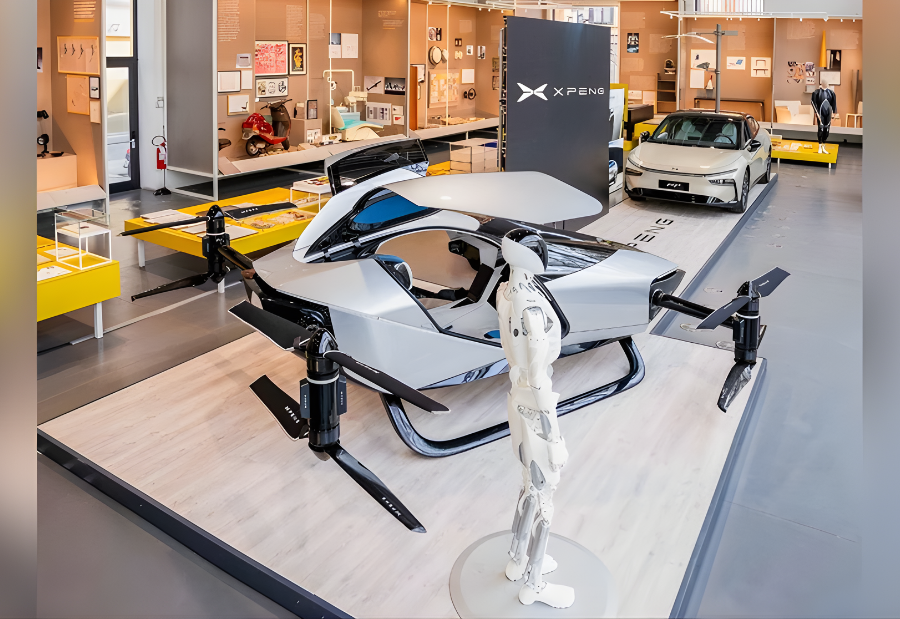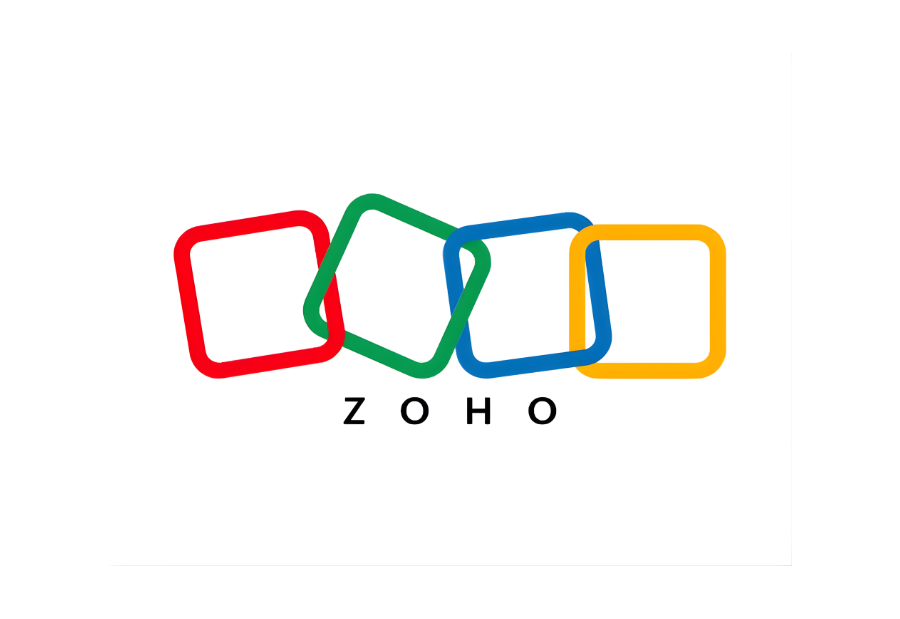China has taken a significant step forward in the race to develop next-generation transport as Xpeng Aeroht, a subsidiary of Chinese electric vehicle manufacturer Xpeng, began trial production of flying cars this week. The development comes ahead of similar plans announced by US-based firms, including Tesla and Alef Aeronautics.
On Monday, Xpeng Aeroht started trial operations at the world’s first intelligent factory dedicated to mass-producing flying cars. Located in the Huangpu district of Guangzhou, the 120,000 square metre facility marks a milestone in the commercialisation of future mobility. According to a report by a state-run agency, the plant has already produced the first detachable electric aircraft of its modular flying car model, known as the Land Aircraft Carrier.
The factory is designed for an annual production capacity of 10,000 detachable aircraft modules, with an initial output of 5,000 units. Once fully operational, it will be capable of assembling one aircraft every 30 minutes, making it the largest facility of its kind in the world.
Xpeng announced this development shortly before Tesla’s anticipated flying car reveal. Tesla founder Elon Musk, in an interview with a US television channel, described the upcoming model as featuring “crazy technology”. He said the unveiling “has a shot at being the most memorable product unveil ever” and added that the car could be revealed “in a couple of months”.
Meanwhile, US-based Alef Aeronautics has also conducted test runs of its flying car and plans to begin commercial production soon. Alef Aeronautics CEO Jim Dukhovny stated that the company has already received pre-booking orders worth over one billion dollars. These vehicles will require both a driver’s licence and a light aircraft flying licence.
Xpeng revealed that it has secured nearly 5,000 pre-orders for its flying car, with mass production and deliveries expected in 2026. The vehicle includes a six-wheel ground unit, called the mothership, and a detachable electric vertical take-off and landing (eVTOL) aircraft. It supports both manual and automatic flight modes, with smart route planning and one-touch take-off and landing. Measuring about 5.5 metres in length, it can be driven on public roads and parked in standard spaces.
According to the China Passenger Car Association, Chinese electric vehicle manufacturers exported 2.01 million pure electric and hybrid vehicles in the first eight months of the year, marking a 51 per cent increase year-on-year. However, the industry faces challenges abroad due to the European Union’s 27 per cent tariff on Chinese EVs and domestic issues such as price wars and overcapacity. Reports indicate that only four Chinese EV makers — BYD, Li Auto, Seres, and Leapmotor — are currently profitable.
Also read: Viksit Workforce for a Viksit Bharat
Do Follow: The Mainstream formerly known as CIO News LinkedIn Account | The Mainstream formerly known as CIO News Facebook | The Mainstream formerly known as CIO News Youtube | The Mainstream formerly known as CIO News Twitter
About us:
The Mainstream formerly known as CIO News is a premier platform dedicated to delivering latest news, updates, and insights from the tech industry. With its strong foundation of intellectual property and thought leadership, the platform is well-positioned to stay ahead of the curve and lead conversations about how technology shapes our world. From its early days as CIO News to its rebranding as The Mainstream on November 28, 2024, it has been expanding its global reach, targeting key markets in the Middle East & Africa, ASEAN, the USA, and the UK. The Mainstream is a vision to put technology at the center of every conversation, inspiring professionals and organizations to embrace the future of tech.




